
Investors look at a project in Dong Nai - Photo: QUANG DINH
The 2024 Land Law has resolved many shortcomings from previous versions, but the implementation process still has many problems and is not suitable for the two-level local government model.
How many days to reply?
Talking to Tuoi Tre, Mr. Pham Duc Toan - General Director of EZ Real Estate - said that businesses are currently facing difficulties in the transition of land acquisition and allocation. The transfer of site clearance tasks from the district level to the commune level has created many challenges due to the professional capacity of grassroots officials not meeting the requirements. On the contrary, if too much is focused on the provincial level, it will lead to overload and slow processing. In addition, the stage of determining the origin of the land also prolongs the site clearance progress.
Mr. Toan said that if the decentralization process is not accompanied by timely guidance and policy adjustments, the preparation and approval of compensation plans will continue to face difficulties. He proposed shortening the bidding evaluation period, which currently lasts up to 60 days because "enterprises often have to write a request for an extension, while increasing the cost of bid security."
In addition, the construction permit procedure is also a major bottleneck. After the project has a total investment and basic design, the fire prevention and fighting requirements are the most complicated.
Speaking to Tuoi Tre, Mr. Le Huu Nghia - General Director of Le Thanh Company - said that the key point for real estate projects in general and social housing projects in particular is the lengthy legal procedures. According to Mr. Nghia, for a housing project, instead of the procedures lasting 2 years, many projects last up to 5 - 7 years.
For example, in this enterprise's project, there is only one procedure but the units have different opinions, forcing the enterprise to change, prolonging the processing time and implementation costs. Not to mention when there is a problem that requires consulting with state agencies, documents are sent but sometimes there is no response for a whole month, making the enterprise "restless" because time is money.
Therefore, Mr. Nghia believes that for administrative procedures, it is necessary to clearly stipulate how many days it takes to get results, otherwise what businesses must do, who is responsible, and each specific stage needs to be clearly stated.
"If you ask for opinions from other agencies, how many days do you have to respond? If there is no response, how will it be resolved? You cannot ask for opinions and then wait for months and years without seeing any results. If the time limit is exceeded and there is no resolution, the enterprise needs to send a document to a higher level for handling," Mr. Nghia suggested.
Land valuation dilemma
The most difficult problem for many businesses is the land valuation to determine land use fees. There are localities that set very high prices, causing many projects to "fail". "Current land use fees are still a big problem in the market, so there needs to be a suitable calculation method. When prices are pushed too high, not only businesses but also home buyers will suffer," said Mr. Toan.
According to an expert from Yuanta Vietnam’s analysis department, priority should be given to removing outdated regulations to remove bottlenecks in project development. The fact that the Ministry of Natural Resources and Environment has to review the 2024 Land Law after only one year of implementation shows that current obstacles are hindering progress.
From July 1, 2025, Vietnam will officially operate a two-tier government model. Therefore, regulations on annual land use plans at the district level become overlapping, causing project delays and should be abolished, according to this expert.
The government has released the first draft of the revised Land Law – a comprehensive “overhaul” with 68 provisions added or adjusted. Experts expect the National Assembly to pass it during its October session, with it taking effect from early 2026.
Mr. Ngo Quang Phuc - General Director of Phu Dong Group - calculated that if a project from 2 years takes up to 5 years, the financial costs of the enterprise will increase significantly, sometimes even half the land cost. Mr. Phuc gave an example of a 500 billion VND land plot, if the interest for 2 years is only 100 billion VND, but due to problems causing the project to develop in 5 years, the interest cost can be up to 250 billion VND. "The State needs to reduce the procedures so that instead of 2-3 years to complete the project, it only takes 6 months to 1 year to complete, helping to reduce costs and increase supply," Mr. Phuc said.
There are projects that must carry out 177 steps before site clearance.
Mr. Nguyen Quoc Hiep - Chairman of GP.Invest - once reflected that the number of seals that must be stamped for each project in administrative procedures is about 38 - 40. There are projects where enterprises must carry out 177 steps, lasting 360 days to be eligible for dialogue before forced site clearance.
National Assembly delegate Hoang Van Cuong also said that there are still complexities in administrative procedures in the real estate sector. However, he warned that if there are only 4-5 steps but they are not clear, it could make decision-making more difficult and complicated.
Instead, the important factors to consider are: How long does it take to process a project? Are the procedures clear, public and transparent? Are the regulations consistent with reality? Clarity helps to assign specific responsibilities, avoiding general blame.
Dr. Can Van Luc believes that the cost burden is the direct cause of escalating housing prices. In which, land and site clearance costs account for an increasingly large proportion, especially when the new land price list approaches the market price, causing the financial obligations of enterprises to increase sharply.
He stressed that many projects are stuck not because of lack of capital but because of lengthy approval procedures, which have narrowed supply and pushed up housing prices. If this process is reformed, thousands of projects can soon come to market, contributing to increasing supply and cooling prices.
Mr. Tran Van Khai (Deputy Chairman of the National Assembly's Committee on Science, Technology and Environment):
Will cut many procedures, strongly decentralize
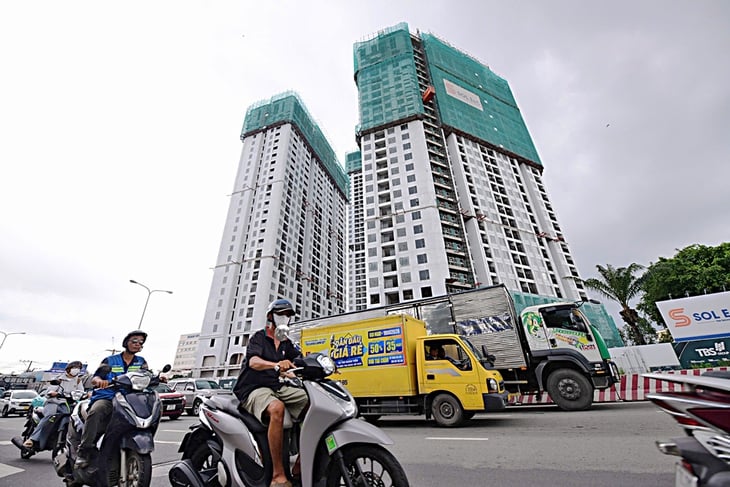
Real estate project under construction in Ho Chi Minh City - Photo: QUANG DINH
Administrative procedures in the construction sector are still cumbersome, complicated, and multi-layered. Some businesses reflect that "the most difficult thing right now is not capital or land, but investment procedures". They have money and land, but the project is still "stuck" due to a series of permits and appraisals.
For example, a single-family home project takes more than a year to get a building permit because it requires one file after another to be submitted and reviewed by many agencies. There are even real estate projects in Hanoi that take several years just to complete the procedures for starting construction.
In addition, the lack of uniformity and consistency between the Construction Law and related laws causes confusion for investors. Currently, an average construction project is subject to the regulation of about 5-7 laws, making investors "not know which regulations to follow correctly".
Therefore, the upcoming amendment to the Construction Law will focus on simplifying and drastically cutting down procedures, with the spirit of "creating instead of controlling". In particular, construction permits will be exempted for projects that have passed appraisal and shortened to only one licensing procedure for other projects, with a maximum licensing time of only 7 days.
Along with that is decentralization, delegation of authority and responsibility in construction management with the spirit of maximum decentralization, coupled with effective control mechanisms, monitoring by technology and data, accountability mechanisms, and sanctions for violations. From there, we will promote and create an equal environment for the private sector, attracting social resources.
Source: https://tuoitre.vn/go-vuong-the-che-khoi-thong-nguon-luc-ky-cuoi-giam-nut-that-thu-tuc-chi-phi-cho-bat-dong-san-20251013075506049.htm







![[Photo] General Secretary To Lam attends the opening of the 1st Government Party Congress](https://vphoto.vietnam.vn/thumb/1200x675/vietnam/resource/IMAGE/2025/10/13/1760321055249_ndo_br_cover-9284-jpg.webp)





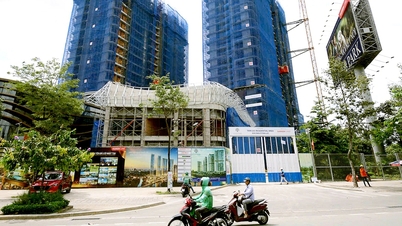







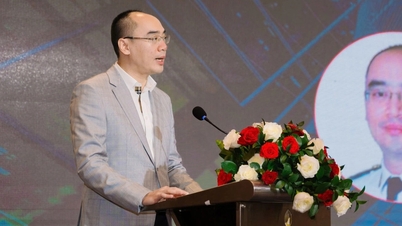

























































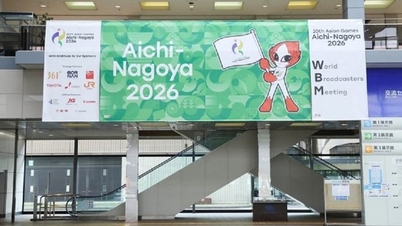




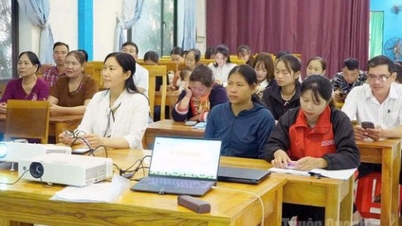

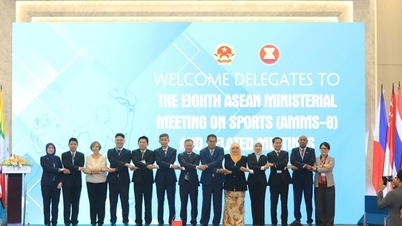


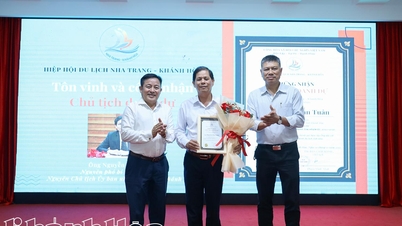





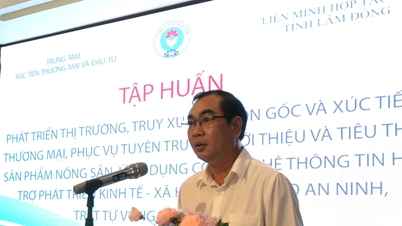











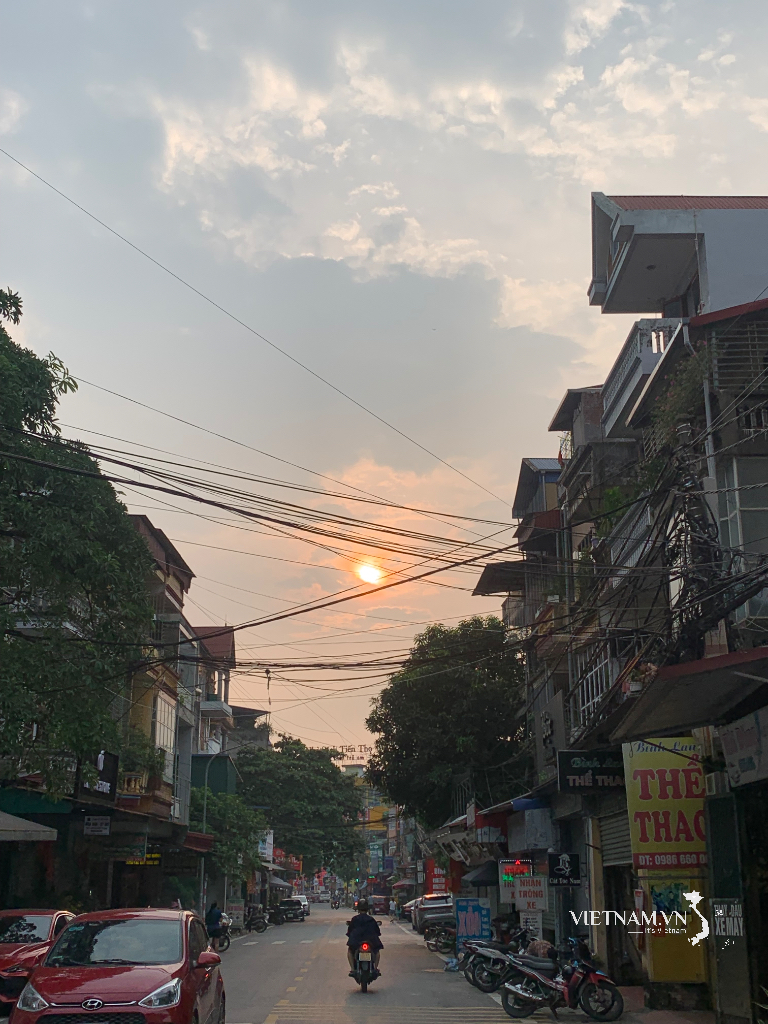


Comment (0)